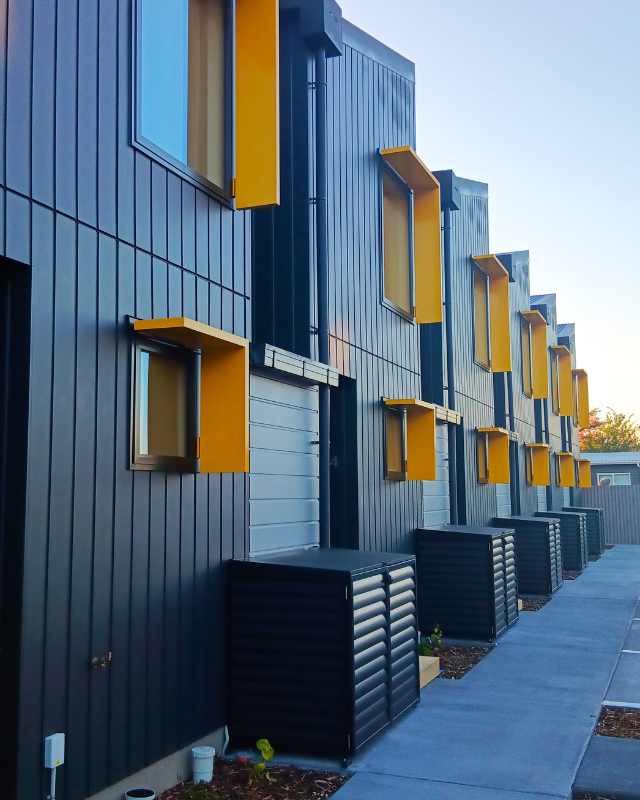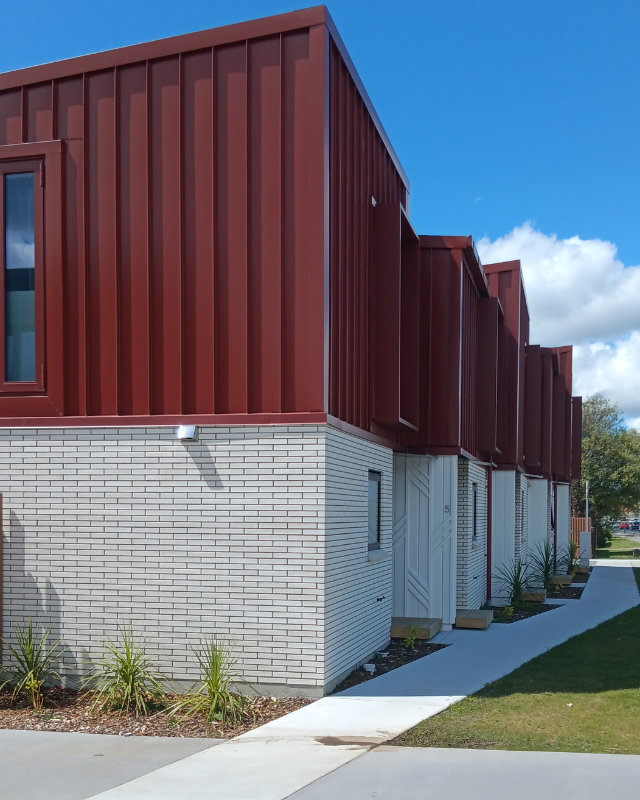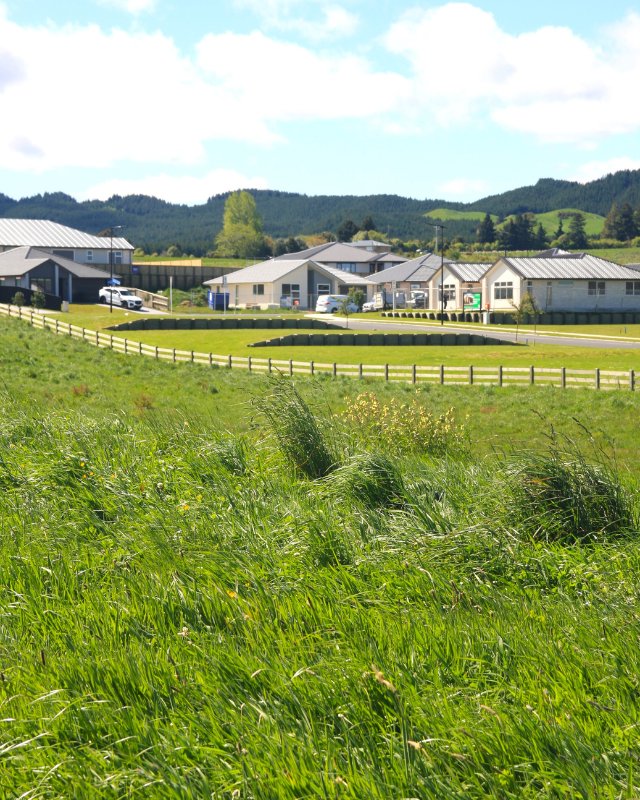Housing Backdrop

Like many locations around Aotearoa, adequate housing provision continues to be a challenge for our community. Council, together with the Government, iwi and local housing providers, has invested a significant amount of work into responding to housing needs and we are now seeing positive progress.
History of Rotorua
In November 1880 the Fenton Agreement was signed. The agreement was between the Crown and Ngāti Whakaue, Ngāti Rangiwewehi and Ngāti Uenukukopako, gifting the lands on which the then Rotorua township was built. Specific land areas were set aside for recreation, hospitals and schools. The area for the township was extensive, stretching from the lakefront to Tihiotonga, and from Utuhina to the Puarenga stream.
In essence, this was the first town plan and Te Arawa continues to have a major interest in the way the city and the district develops.
Story of growth
From 1996 to 2013, the average population growth rate in Rotorua was 0.2% per annum, and according to Statistics New Zealand, in 2012 the population of Rotorua was actually forecast to decline. However, like most places in Aotearoa, our city experienced a rapid increase in growth over the next decade jumping to 1.8% per annum from 2013 to 2020.
The number of people who call Rotorua home increased by more than 6500 people between 2013 and 2020 when the district’s population exceeded 77,300. The impact of that growth led to a local housing crisis.
The impact of growth
With the increase in population, the demand for housing has increased in parallel, both for public and private rental homes and homes for sale. The increase in demand also resulted in a rapid rise in rental and property sale prices. As a result, there was an increase in the number of people experiencing homelessness and requiring access to emergency housing services.
The number of new homes being built was not able to meet the significant demand and there were a number of barriers restricting growth such as an outdated District Plan rules, availability of land, historical underinvestment in infrastructure to support growth and availability of industry resources.
Fortunately, the market has begun to respond to the demand with building and resource consent numbers increasing steadily since 2020. Council continues to take action to ensure our city is able to meet the ongoing need for more homes and better housing choices for our community.

Responding to a critical need
In late 2019, as part of a place-based assessment Council and the Ministry of Housing and Urban Development (MHUD) worked together to understand the housing challenges that Rotorua was facing. This outlined the housing deficit, as assessed at that time, and other challenges.
In response Council called on the Government to focus its attention on Rotorua to help develop short, medium and long-term solutions to the housing crisis. A Taskforce of government agencies, iwi and council was established in March 2021 to provide better support and outcomes for people living in emergency housing or at risk of homelessness.
The Taskforce brought together Rotorua Lakes Council, the Ministry of Social Development, Te Tūāpapa Kura Kāinga – Ministry of Housing and Urban Development (HUD), Kāinga Ora – Homes and Communities and Te Puni Kokiri alongside Te Arawa partners and social service providers.
A key aspect from council’s point of view was the commitment by the Government to deliver hundreds of new homes by the end of 2025.
Contracted emergency housing
In 2022 Ministry of Housing and Urban Development (HUD) contracted 13 motels to provide emergency housing for families with children. The motels were granted Resource Consent to provide emergency housing for two years until December 2024. By having Resource Consents in place, each motel was given a set of conditions that could be actively monitored by council and would ensure better conditions for those living there and surrounding neighbours.

Rotorua Housing Accord
The success of working in partnership to achieve better results for Rotorua was continued through the Rotorua Housing Accord. Signed in December 2022, the Accord renewed the commitment by Government, RLC, Te Arawa and Ngāti Whakaue for better housing and social outcomes in Rotorua such as:
- Ensure appropriate use of emergency housing, care for those needing it and mitigate unintended adverse impacts on the wider community.
- Increase the supply of houses including social, affordable and market housing.
- Investment in infrastructure to support growth
- Removing barriers to building new homes
- Supporting Māori to deliver housing for Māori
Where to now?
Council and its partners have made significant improvements to the housing challenges outlined above and the housing market is responding with pace. Council remains committed to ensuring that all residents have access to a range of housing options that ensures they can live in quality homes that are safe and healthy.
Find out what work has happened and what is underway to support this work.

